Sustainable Agrifood Systems Intelligence (SASI)

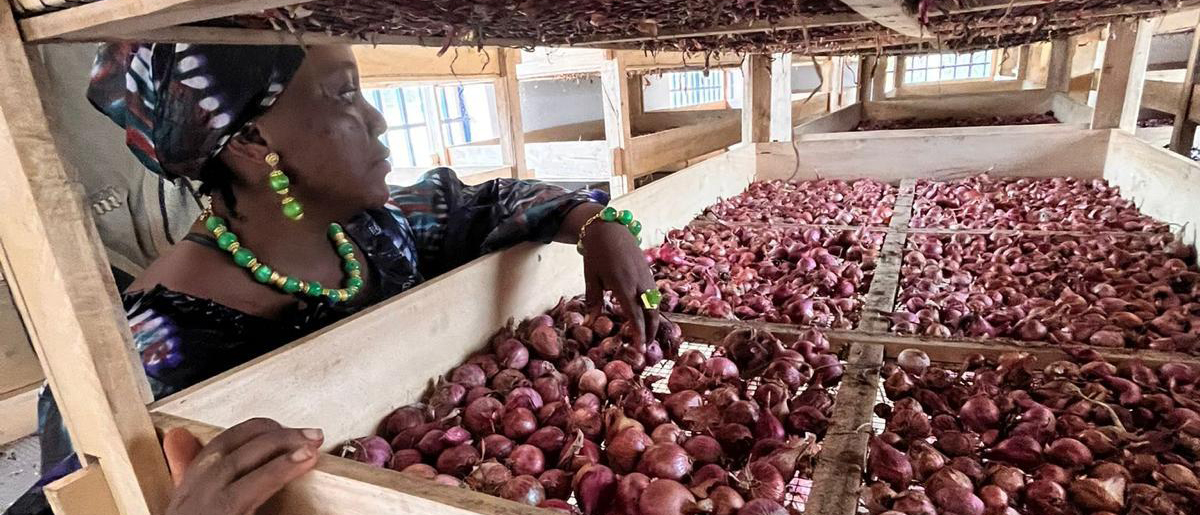


Agrifood systems concern the way our food is produced, processed, transported, traded, distributed, consumed and disposed of. Population growth, urbanization, shifting wealth and changing consumption patterns are straining these systems, jeopardizing their ability to provide healthy food and sustainable livelihoods.
Agrifood systems produce about one- third of global greenhouse gas emissions and consume large amounts of natural resources, especially water. They also contribute to critical biodiversity loss and land degradation, threatening the very existence of agriculture for future generations. All this underscores the urgent need to sustainably transform agrifood systems.
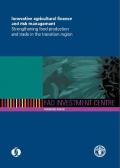
Ensuring that food production keeps up with population and income growth, changing dietary patterns and climate conditions in the decades...
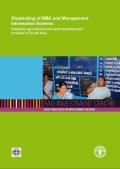
This report presents the main findings of a joint FAO Investment Centre and World Bank stocktaking of monitoring, evaluation and...
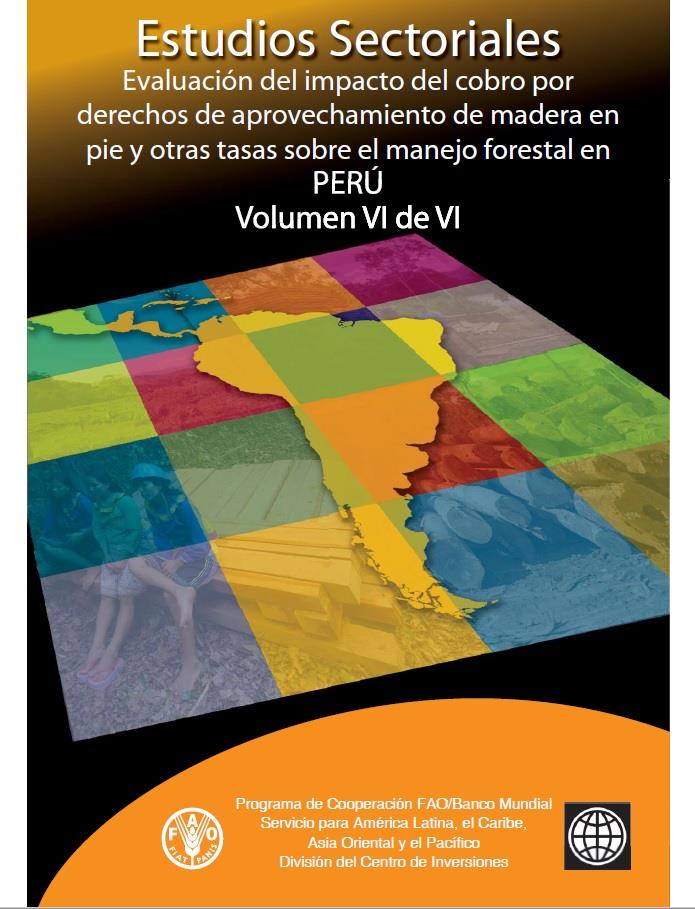
El presente estudio se realizó con los objetivos de conocer el valor y la composición de los pagos por madera...
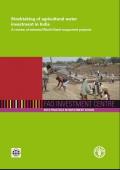
Agricultural water management (AWM) has been recognized as a critical issue of food security in India, and has been one...
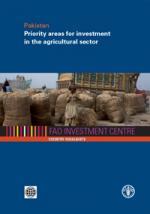
Pakistan has enormous potential in agriculture, yet in the past three decades most subsectors of agriculture have remained static or...
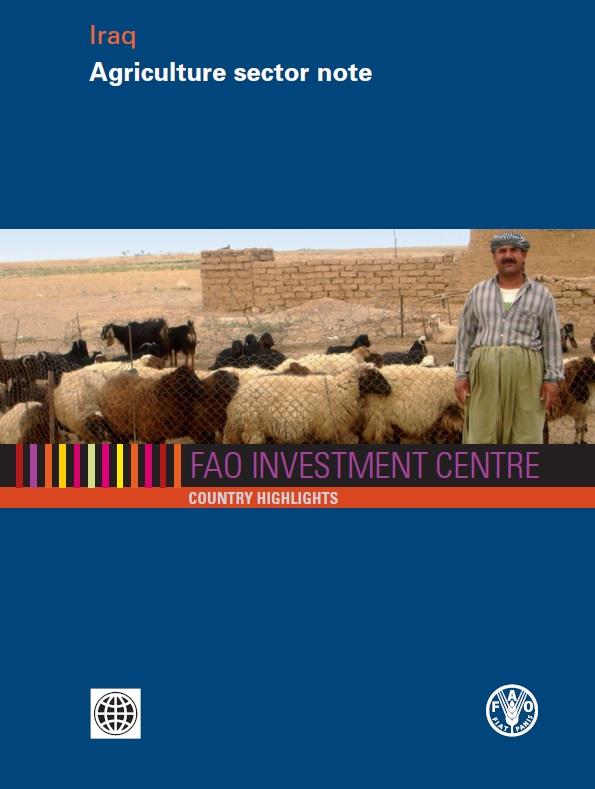
This Agricultural Sector Note is based on a desk study prepared on request of the World Bank. The Note reviews...
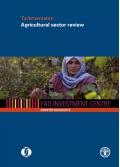
An agricultural sector review of Turkmenistan has just been published by the FAO Investment Centre under the Country Highlights series....
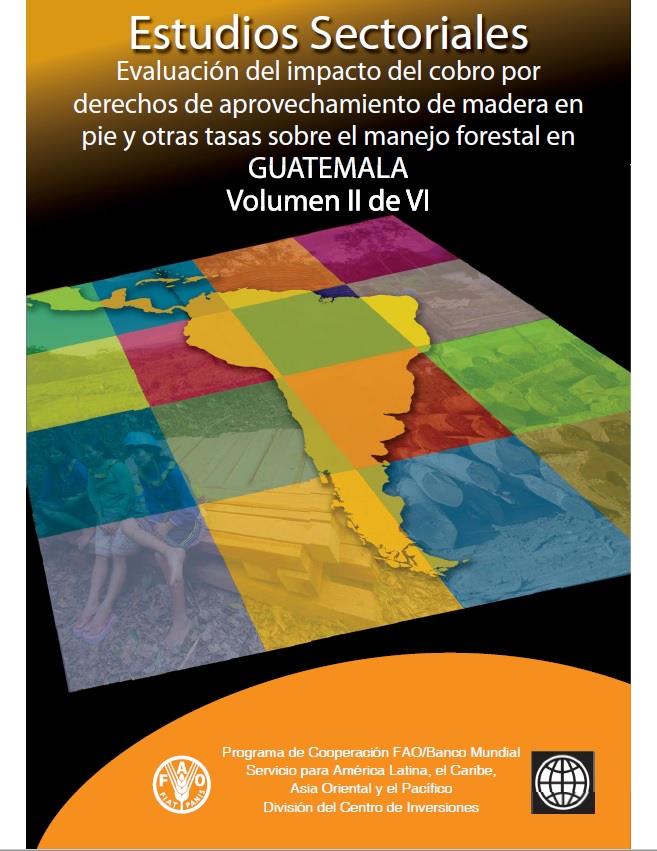
Es ampliamente reconocido que una de las principales causas de la deforestación y la degradación de los bosques radica en...
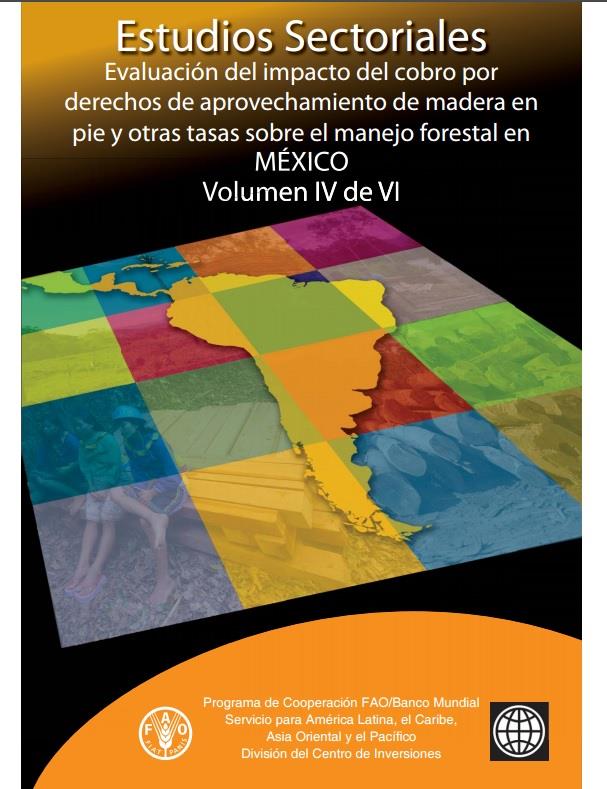
En México la madera se considera propiedad del dueño de la tierra. El gobierno solamente es dueño de la madera...
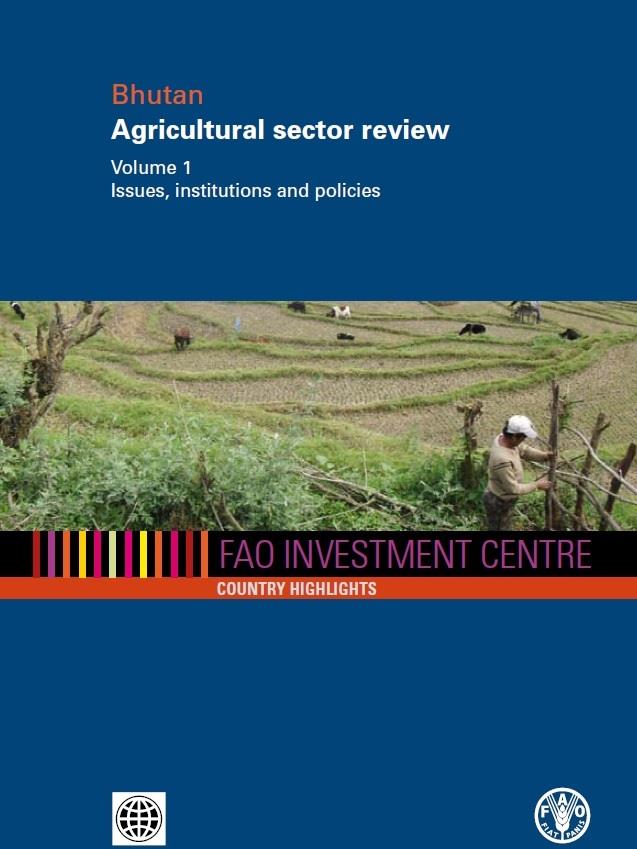
In collaboration with the World Bank, FAO published an agricultural sector review of Bhutan in two volumes that provides an overview...
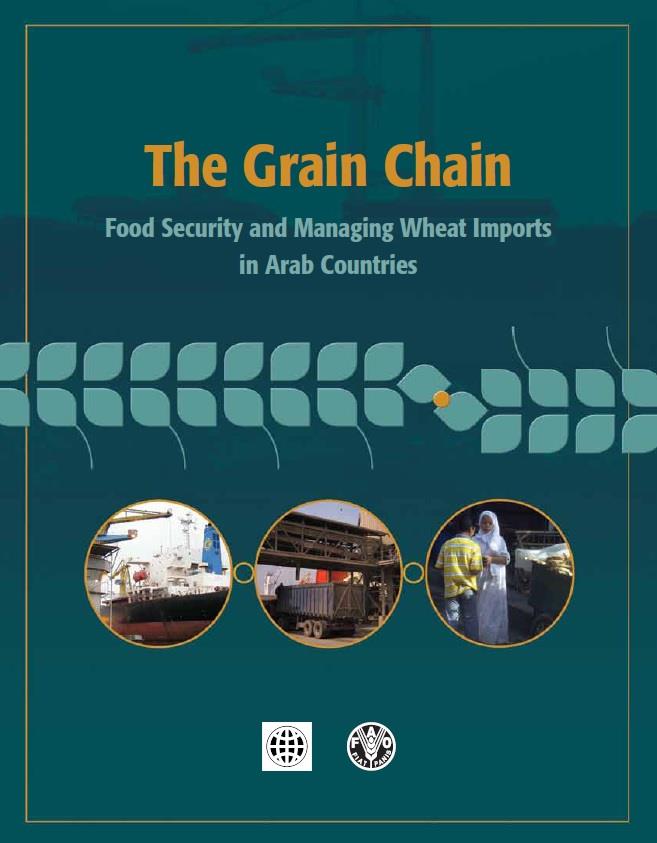
Arab countries face a number of food security risks due to their...
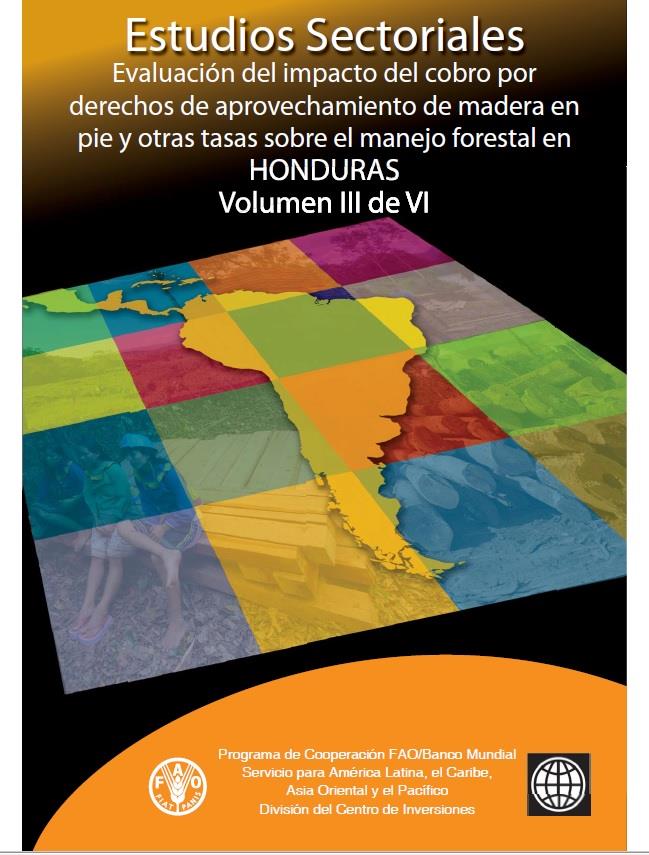
Honduras es el País de América Latina con la tasa anual de deforestación más alta1. La deforestación y degradación de...
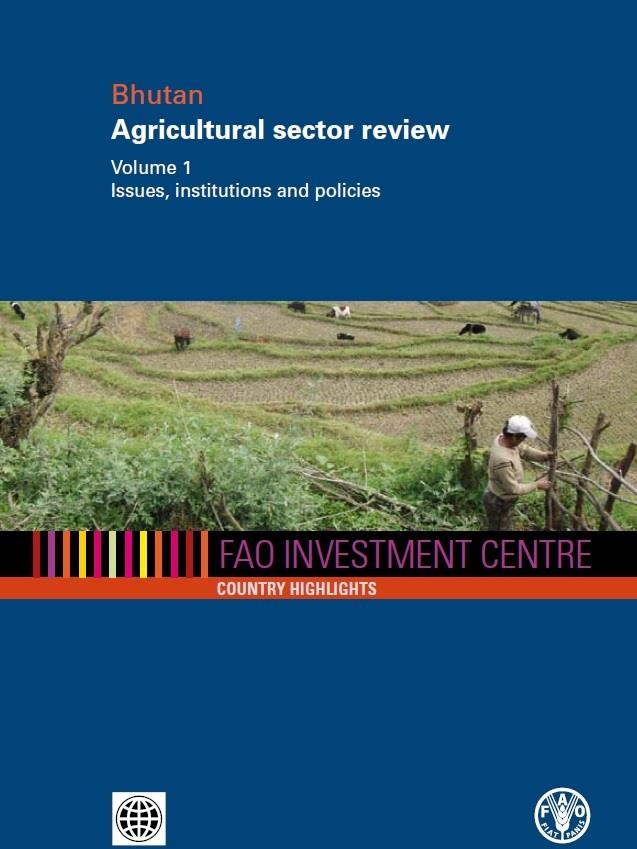
In collaboration with the World Bank, the Investment Centre has published an agricultural sector review of Bhutan in two volumes that...
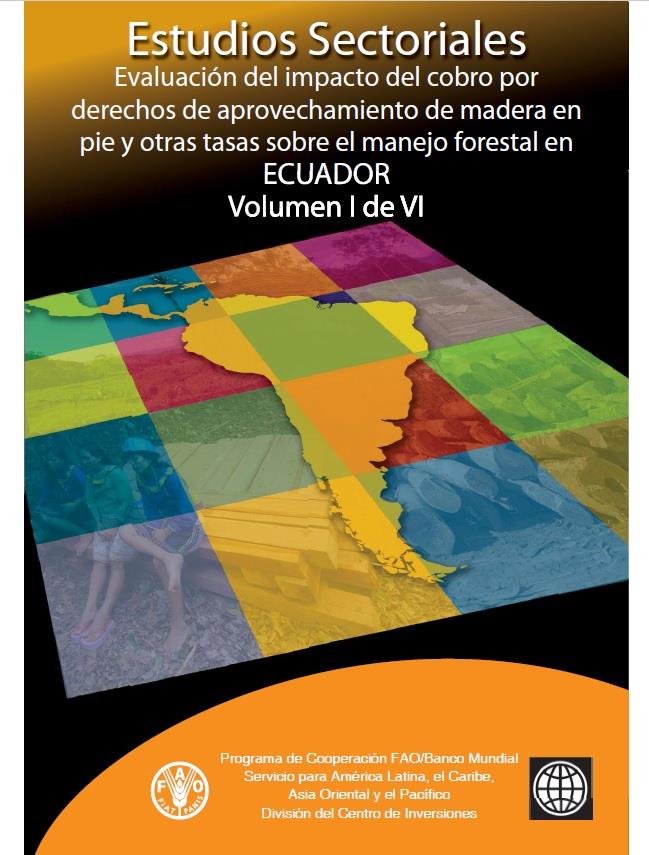
Ecuador es considerado como uno de los “hotspots” de biodiversidad en el mundo (Brummit y Lughadha 2003). Pero también presenta...